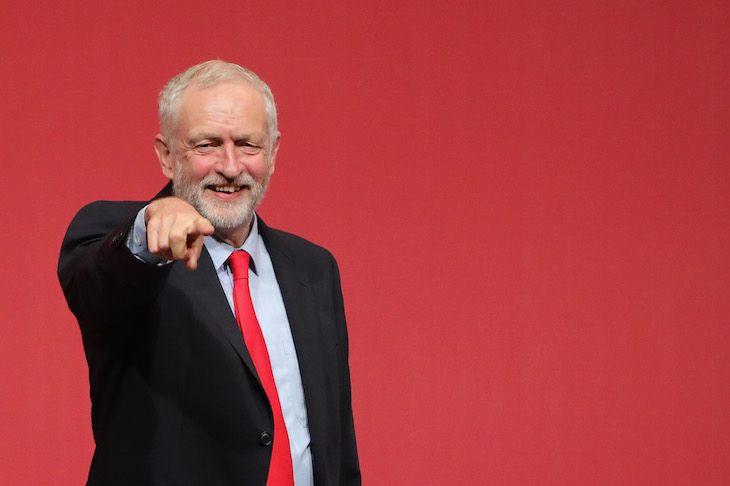Since Jeremy Corbyn’s surprisingly good election defeat, his MPs who previously plotted to get rid of him have been queuing up to pledge their allegiance to the Labour leader. They have been doing this partly because they did make some rather dire predictions about the impossibility of holding their own seats, or indeed of Labour surviving at all with Corbyn at the helm, and partly because most of them are under pressure from the Corbynites in their local party to apologise and show loyalty from now on. Luciana Berger’s local party is demanding an official apology from her to Corbyn for her previous criticisms of his leadership – something she has thus far steered away from offering. In fact, the only centrist Labour MP I’ve spoken to who claimed he hadn’t had a waterfall of emails from Corbyn-supporting members demanding an apology for his opposition to the Leader was then interrupted by his secretary, who said she just hadn’t shown him the pile of such messages that she’d printed out.
But even though everyone is pretending to get along in Labour, the fundamental problem hasn’t gone away, which is that the party contains two different groups of people with fundamentally different ideas about politics, elections and policy. That was highlighted today when one of Corbyn’s most energetic supporters, Chris Williamson, raised again the possibility of mandatory re-selections for MPs. Williamson, who returned last month as MP for Derby North, having lost his seat in 2015, gave a statement criticising ‘interest groups and individual MPs in this party who think it’s their god-given right to rule’ and said it fears of re-selection were ‘unreasonable’:
‘Those MPs who are popular with their members, which may well be the vast majority, should have no problem getting reselected. But it’s unreasonable to think we as MPs can avoid any contest.’
Those around Corbyn seem to be considering their options for reshaping the Labour now that they have a great deal more authority over it. The noisy ‘moderates’ are having to stay quiet, even if they won’t make public declarations of support, and staff in HQ, which Corbynites see as a hostile citadel, are aware that their days working for the party are limited. This is fair, given the Corbynites ‘won’ the election in that they won seats rather than destroying the party as their critics predicted they would. But it means that a confrontation between those two groups, who still fundamentally disagree on politics, elections and policy, is inevitable, and drawing closer.







Comments